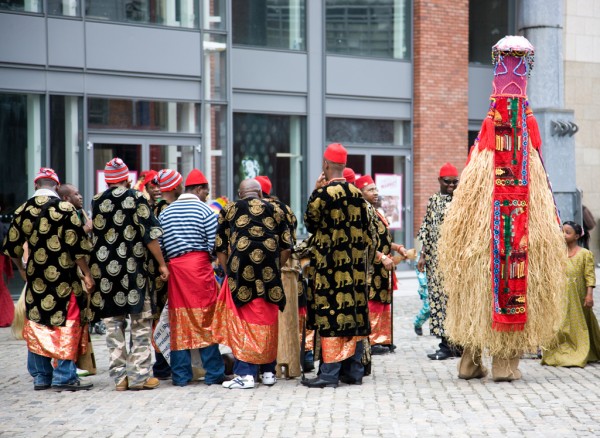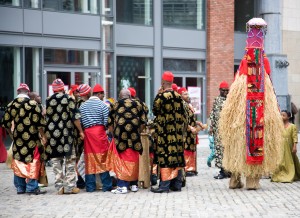The Igbo are the second largest group of people living in southern Nigeria. They are one of the three major tribes in Nigeria. They consist of many subgroups and are known to be socially and culturally diverse. While the Igbos live in scattered groups of villages, the Igbo culture observes the spiritual and temporal areas of cosmology. Although they are mostly Christians today, they have a deep and original culture.
Here are 7 interesting facts about ancient Igboland:
- Olaudah Equiano (Olauda Ikwuano) a free slave who wrote on his experiences as a slave and supported the British movement to end slave trade, is from the Igbo (Eboe) tribe.
- The Igbos invented a calendar called “Iguafo Igbo” (Igbo Calendar) so as to be aware of days and years. This calendar has four market days namely; Eke, Afor, Nkwo and Orie. These days make a week. In the Igbo calendar, four days make a week, seven weeks make one month, and thirteen months make a year.
- The Igbos had, and still have a “savings and loans” system called “Isusu” which means “small small”. This invention was/is also being practiced in the Caribbean Island where it is known as “Susu”
- According to everculture.com, the traditional Igbo religion reverences Ala or Ana; the earth goddess. Traditionally they also worship other male and female deities, spirits and ancestors. They believe that these gods protect the living. The traditional Igbo seek oracles so as to know the will of the gods. The deity Ala/Ana captures the political and religious aspects of the Igbo society by blending space, custom, and ethics (Omenala).
- In the Igbo religious practice, there are two different kinds of priests; the hereditary lineage priests and the priest chosen by the gods. Ofo is a symbol of authority, truth and justice and priests empowered with this are able to interpret the will of the gods. The gods favour devotees and punish offenders.
- The unborn, the living and the dead are part of a continuum. Ancestors who are enshrined are those who lived appealing lives and died in a manner accepted by the Igbo society. It is believed that these ancestors continue their lives in the world of the dead; a place that mirrors the world of the living. Tribute is paid to the ancestors through sacrifice offering.
- Children who die and come back again are called Ogbanje in the Igbo culture. It is believed that these children come back through the same mother time and time again. Ogbanjes are believed to be spirits, who come into the world, but because of a promise made with their spirit peers, they have to go back; as a result they do not stay long in the world. When a woman keeps losing her newborn, her husband will try to find out if it is an ogbanje child that is coming and going. A distinctive mark is put on the corpse so as to know if the child comes back again.
About the author: Chris Bamidele is a passionate and unapologetic Nigerian, who believes in God and humanity. He is a writer, blogger, and an aspiring Television Director; and an optimist to the core. He blogs at www.chrisbamidele.wordpress.com and tweets @Chrisbamidele


